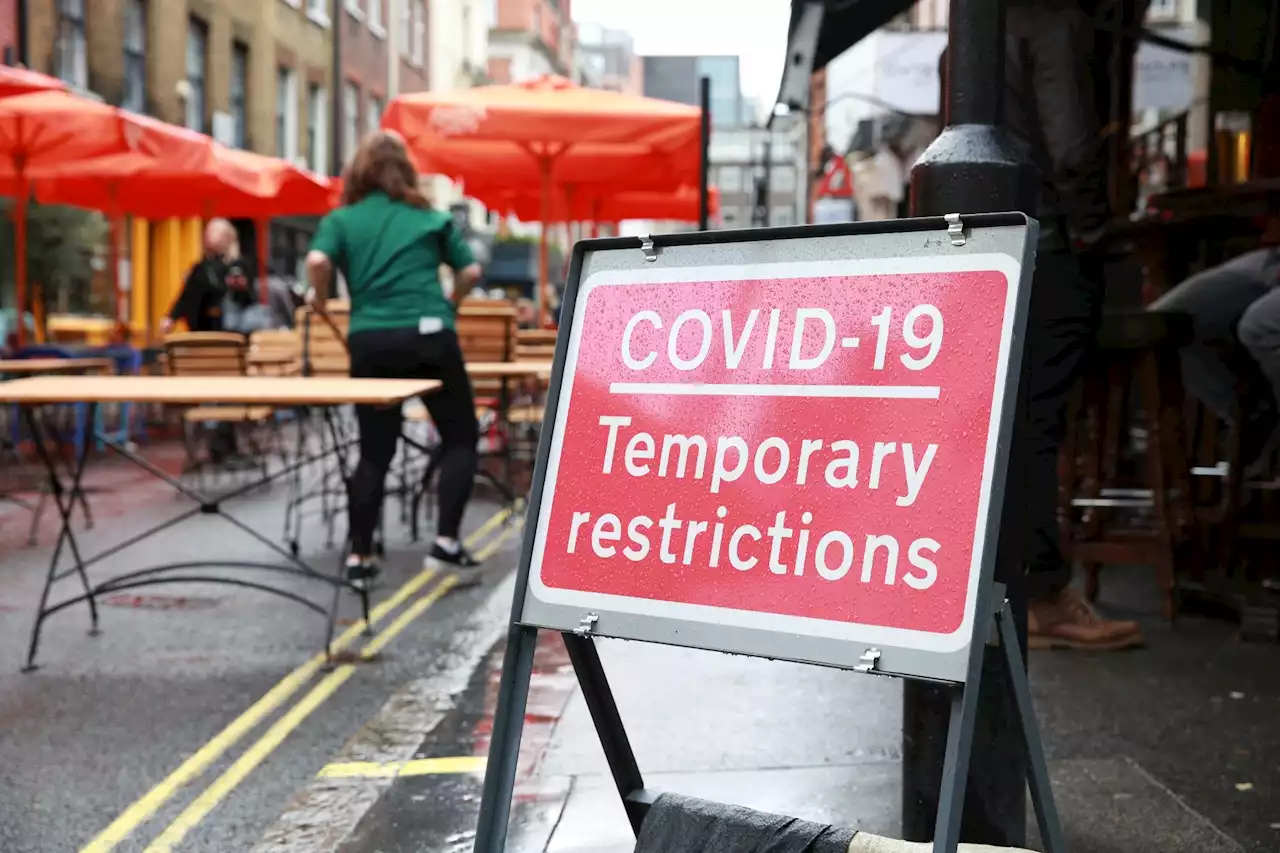Can adherence to COVID-19 mitigation measures be predicted using cognitive variables? Elsevierconnect UWaterloo COVID19 Mitigation CognitiveVariable SARSCov2 Pandemic
By Dr. Chinta SidharthanOct 17 2022Reviewed by Aimee Molineux In a recent study published in Vaccine, researchers investigated the correlations between cognitive variables such as self-control, impulsivity, future orientation, and disease mitigation behaviors associated with the coronavirus disease 2019 pandemic.
Furthermore, research indicates that social predictors such as trust, attitudes, and perceptions of barriers to vaccines are associated with predicting vaccination status. However, a comprehensive study examining cognitive predictors associated with compliance to COVID-19 mitigating behaviors and vaccination status is necessary.
The questionnaire on self-control consisted of four self-restraint-related questions, which the participants were required to answer on a scale of one to four, with one being “never or rarely” and four being “very often.” The questions pertained to the ability to control reactions, impulsive comments, and responses to other people or events and the ability to consider future consequences of actions.
Results The findings indicated that mask-wearing, social distancing, and complete vaccinations were strongly associated with future-oriented attitudes. Lower impulsivity resulted in consistent mask-wearing and a decision to vaccinate fully. At the same time, higher self-control was associated with compliance with hand-washing and mask-wearing behaviors but not vaccination decisions.
Belgique Dernières Nouvelles, Belgique Actualités
Similar News:Vous pouvez également lire des articles d'actualité similaires à celui-ci que nous avons collectés auprès d'autres sources d'information.
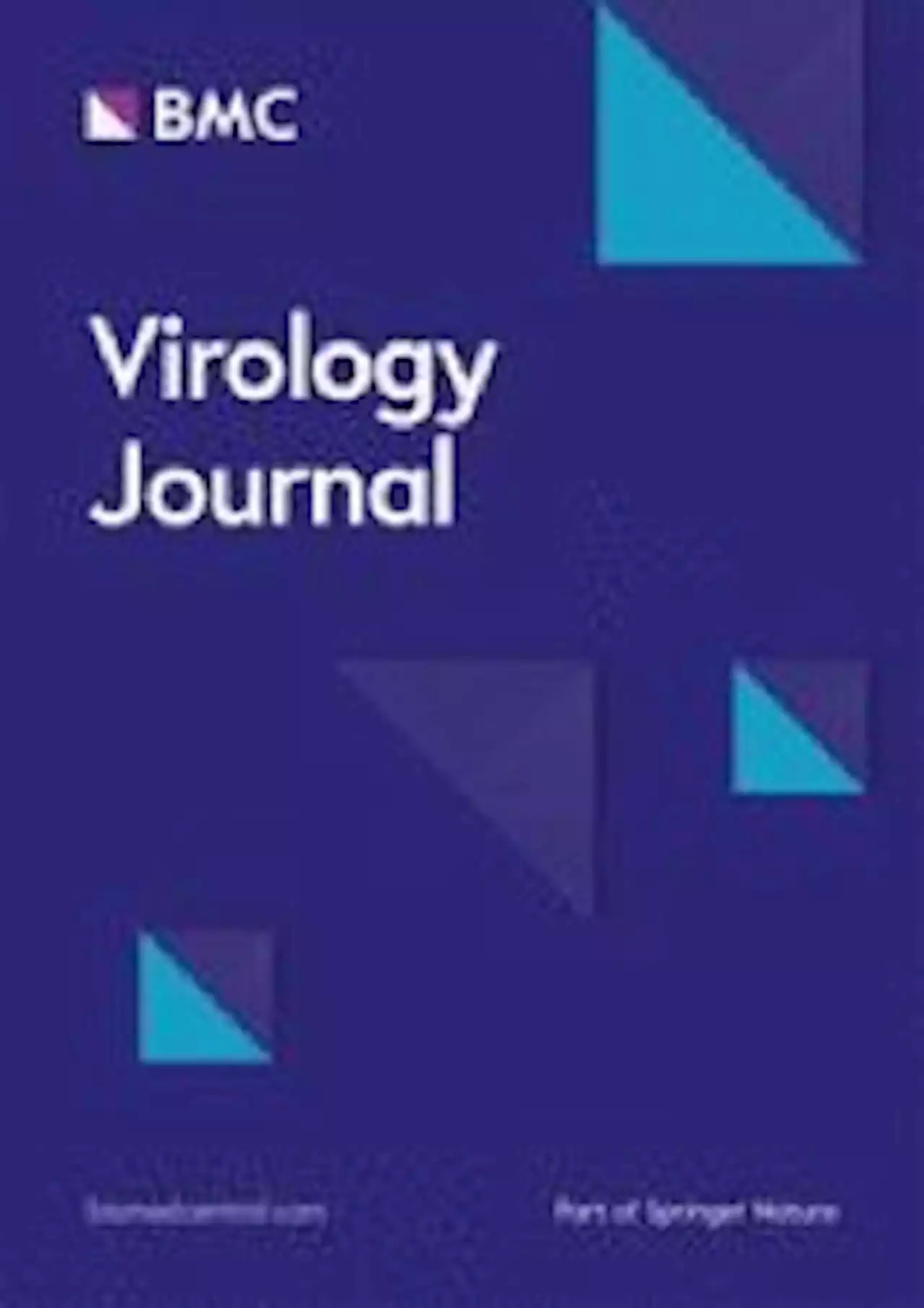 Pathophysiology of Post-COVID syndromes: a new perspective - Virology JournalMost COVID-19 patients recovered with low mortality; however, some patients experienced long-term symptoms described as “long-COVID” or “Post-COVID syndrome” (PCS). Patients may have persisting symptoms for weeks after acute SARS-CoV-2 infection, including dyspnea, fatigue, myalgia, insomnia, cognitive and olfactory disorders. These symptoms may last for months in some patients. PCS may progress in association with the development of mast cell activation syndrome (MCAS), which is a distinct kind of mast cell activation disorder, characterized by hyper-activation of mast cells with inappropriate and excessive release of chemical mediators. COVID-19 survivors, mainly women, and patients with persistent severe fatigue for 10 weeks after recovery with a history of neuropsychiatric disorders are more prone to develop PCS. High D-dimer levels and blood urea nitrogen were observed to be risk factors associated with pulmonary dysfunction in COVID-19 survivors 3 months post-hospital discharge with the development of PCS. PCS has systemic manifestations that resolve with time with no further complications. However, the final outcomes of PCS are chiefly unknown. Persistence of inflammatory reactions, autoimmune mimicry, and reactivation of pathogens together with host microbiome alterations may contribute to the development of PCS. The deregulated release of inflammatory mediators in MCAS produces extraordinary symptoms in patients with PCS. The development of MCAS during the course of SARS-CoV-2 infection is correlated to COVID-19 severity and the development of PCS. Therefore, MCAS is treated by antihistamines, inhibition of synthesis of mediators, inhibition of mediator release, and inhibition of degranulation of mast cells.
Pathophysiology of Post-COVID syndromes: a new perspective - Virology JournalMost COVID-19 patients recovered with low mortality; however, some patients experienced long-term symptoms described as “long-COVID” or “Post-COVID syndrome” (PCS). Patients may have persisting symptoms for weeks after acute SARS-CoV-2 infection, including dyspnea, fatigue, myalgia, insomnia, cognitive and olfactory disorders. These symptoms may last for months in some patients. PCS may progress in association with the development of mast cell activation syndrome (MCAS), which is a distinct kind of mast cell activation disorder, characterized by hyper-activation of mast cells with inappropriate and excessive release of chemical mediators. COVID-19 survivors, mainly women, and patients with persistent severe fatigue for 10 weeks after recovery with a history of neuropsychiatric disorders are more prone to develop PCS. High D-dimer levels and blood urea nitrogen were observed to be risk factors associated with pulmonary dysfunction in COVID-19 survivors 3 months post-hospital discharge with the development of PCS. PCS has systemic manifestations that resolve with time with no further complications. However, the final outcomes of PCS are chiefly unknown. Persistence of inflammatory reactions, autoimmune mimicry, and reactivation of pathogens together with host microbiome alterations may contribute to the development of PCS. The deregulated release of inflammatory mediators in MCAS produces extraordinary symptoms in patients with PCS. The development of MCAS during the course of SARS-CoV-2 infection is correlated to COVID-19 severity and the development of PCS. Therefore, MCAS is treated by antihistamines, inhibition of synthesis of mediators, inhibition of mediator release, and inhibition of degranulation of mast cells.
Lire la suite »
 Study investigates spatial variability in increasing public awareness for voluntary COVID-19 testingStudy investigates spatial variability in increasing public awareness for voluntary COVID-19 testing Elsevierconnect SpatialVariability COVID19 SARSCoV2 Testing VoluntaryTesting
Study investigates spatial variability in increasing public awareness for voluntary COVID-19 testingStudy investigates spatial variability in increasing public awareness for voluntary COVID-19 testing Elsevierconnect SpatialVariability COVID19 SARSCoV2 Testing VoluntaryTesting
Lire la suite »
 Reduced cardiac function identified in severe COVID-19 patients in new studyReduced cardiac function identified in severe COVID-19 patients in new study elsevierconnect ucatolica SARSCoV2 SevereCOVID CardiacFunction
Reduced cardiac function identified in severe COVID-19 patients in new studyReduced cardiac function identified in severe COVID-19 patients in new study elsevierconnect ucatolica SARSCoV2 SevereCOVID CardiacFunction
Lire la suite »
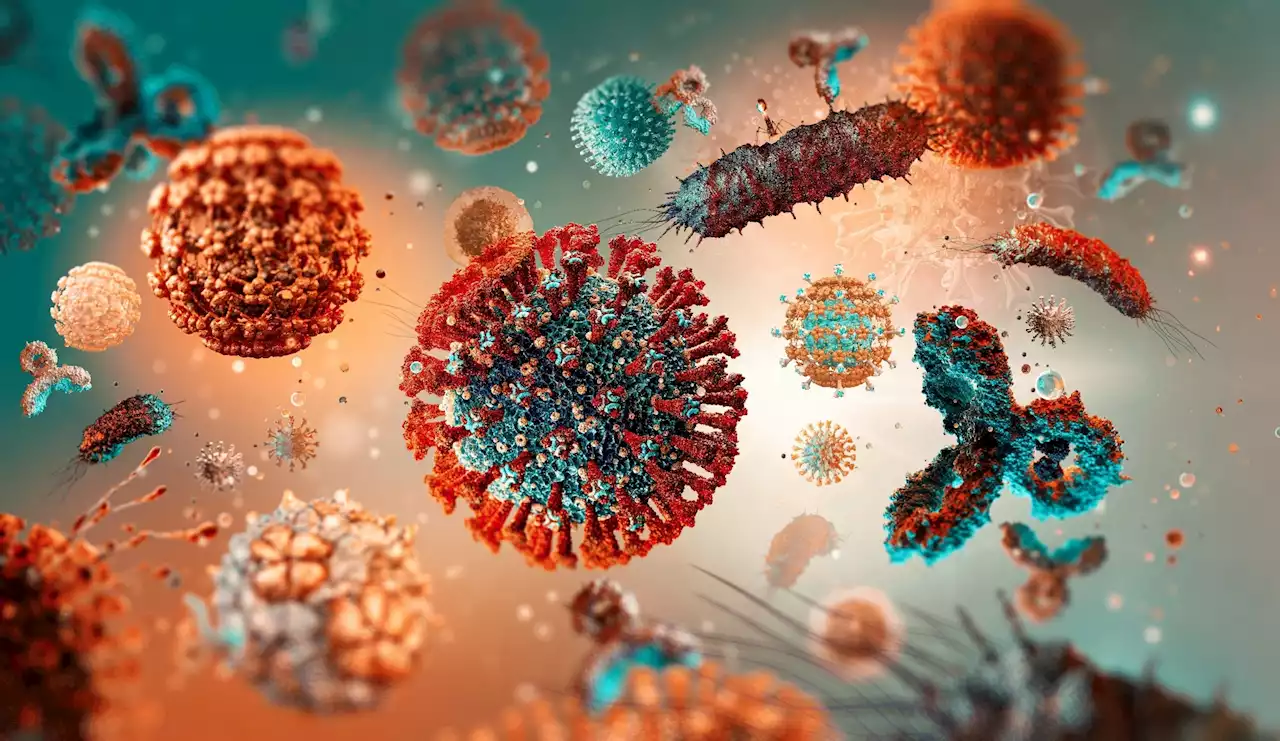 COVID-19 vaccines show favorable immunogenicity and efficacy in people living with HIVIn a recent study published in the International Journal of Infectious Diseases, researchers assessed the efficacy of coronavirus disease 2019 (COVID-19) vaccines in people living with human immunodeficiency virus (HIV).
COVID-19 vaccines show favorable immunogenicity and efficacy in people living with HIVIn a recent study published in the International Journal of Infectious Diseases, researchers assessed the efficacy of coronavirus disease 2019 (COVID-19) vaccines in people living with human immunodeficiency virus (HIV).
Lire la suite »
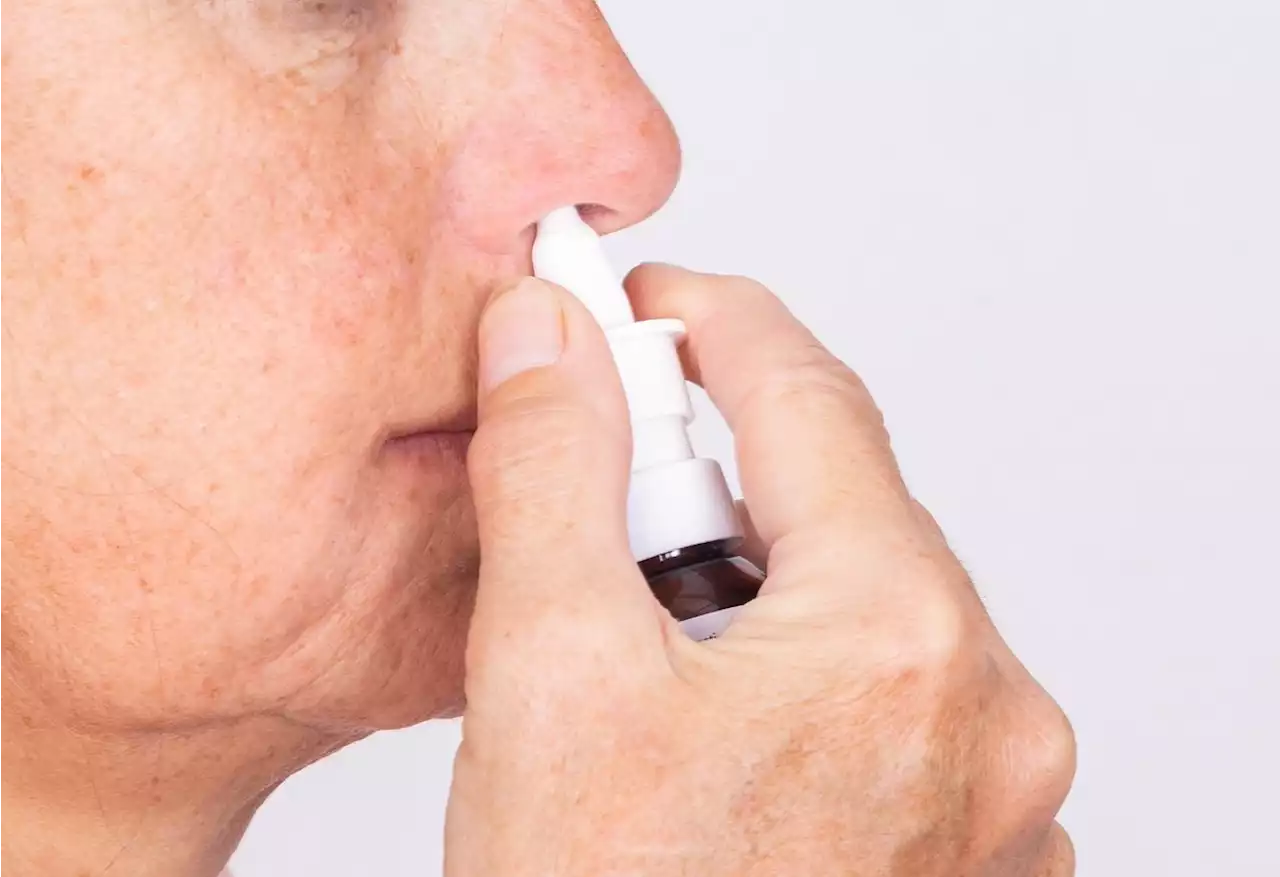 Inhalation therapeutics against COVID-19A recent study published in the Pulmonary Pharmacology & Therapeutics journal described different inhalation therapeutic agents for treating respiratory viral infections like coronavirus disease 2019 (COVID-19).
Inhalation therapeutics against COVID-19A recent study published in the Pulmonary Pharmacology & Therapeutics journal described different inhalation therapeutic agents for treating respiratory viral infections like coronavirus disease 2019 (COVID-19).
Lire la suite »
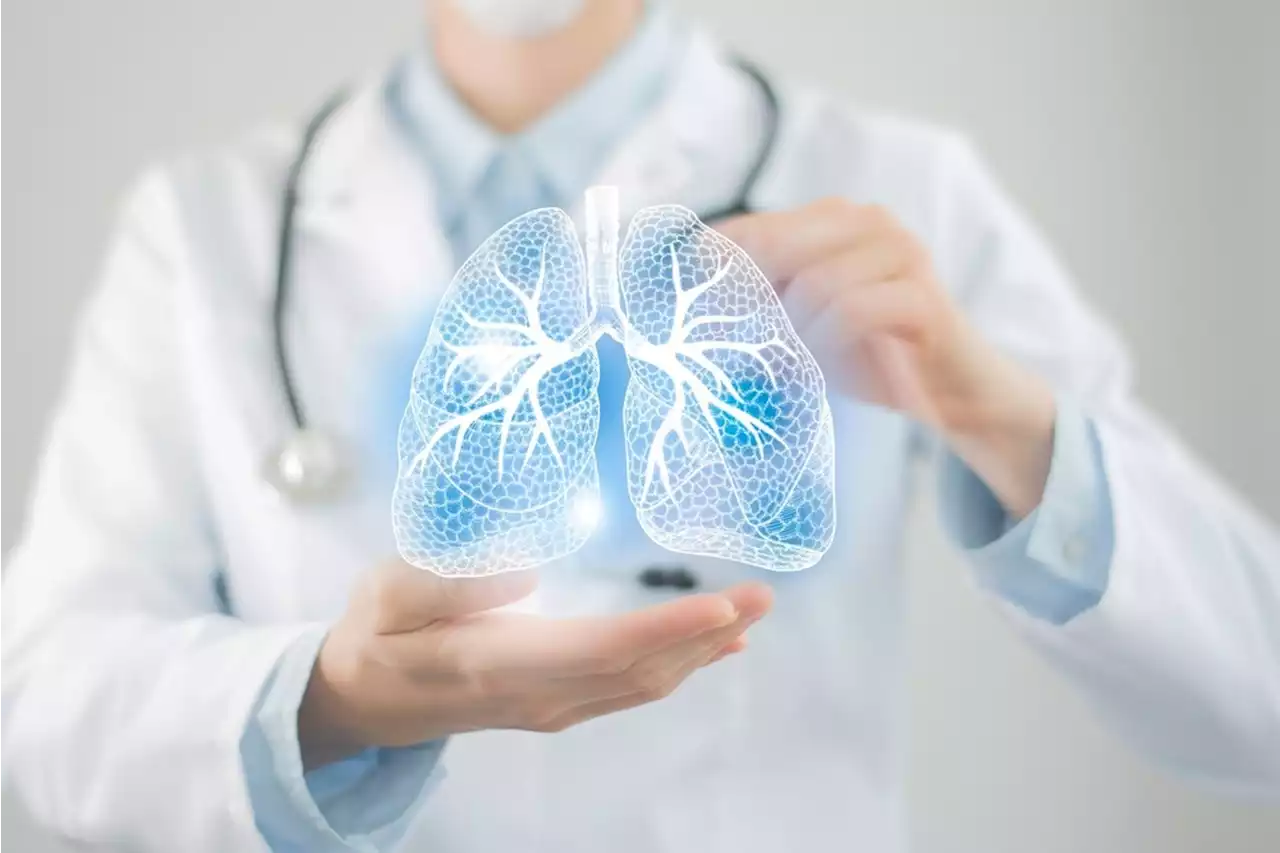 Favorable survival outcomes among COVID-19 lung transplant recipientsFavorable survival outcomes among COVID-19 lung transplant recipients Coronavirus Disease COVID LungTransplant Transplant OPTN uiowa annalsthorsurg
Favorable survival outcomes among COVID-19 lung transplant recipientsFavorable survival outcomes among COVID-19 lung transplant recipients Coronavirus Disease COVID LungTransplant Transplant OPTN uiowa annalsthorsurg
Lire la suite »
